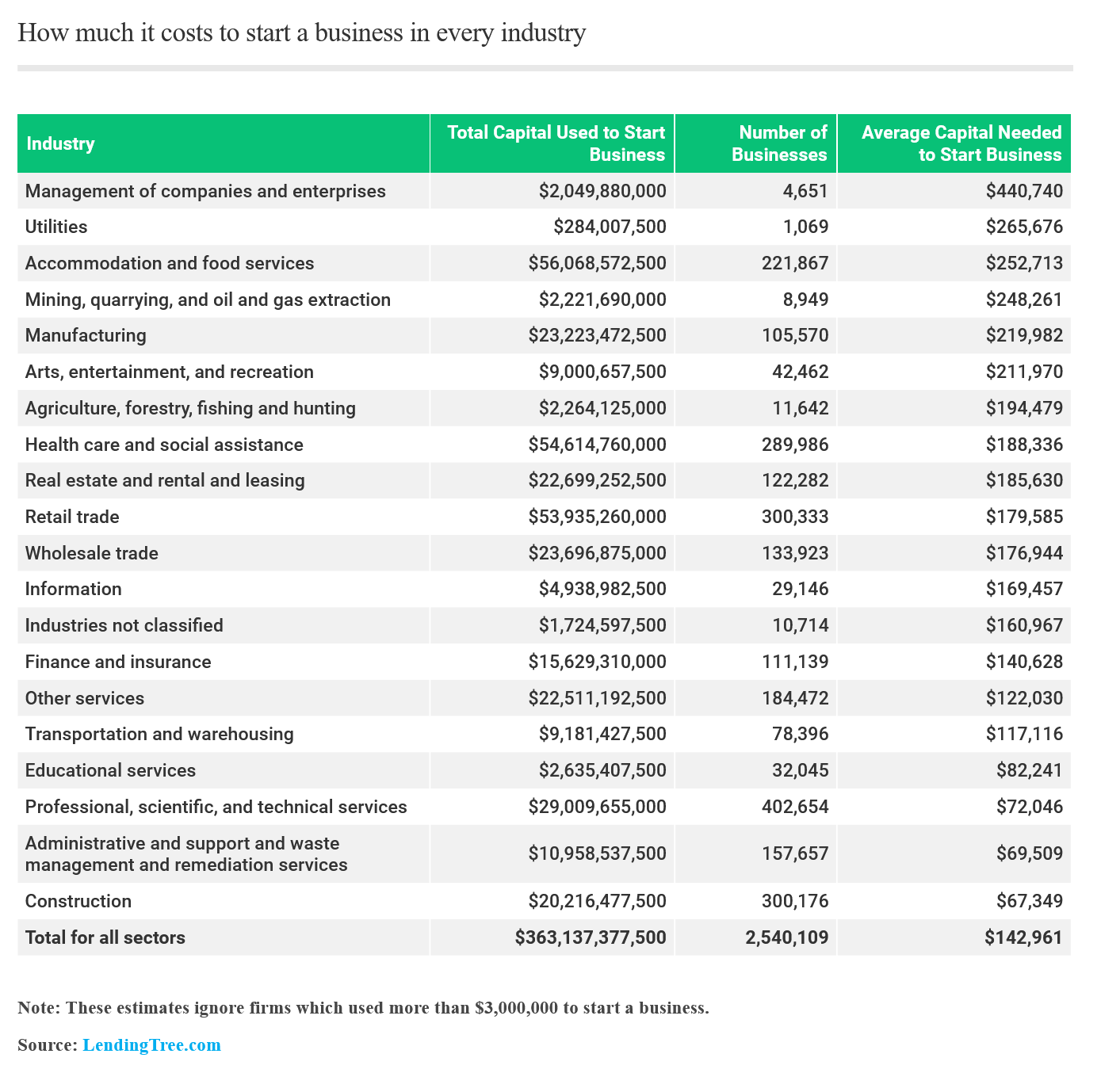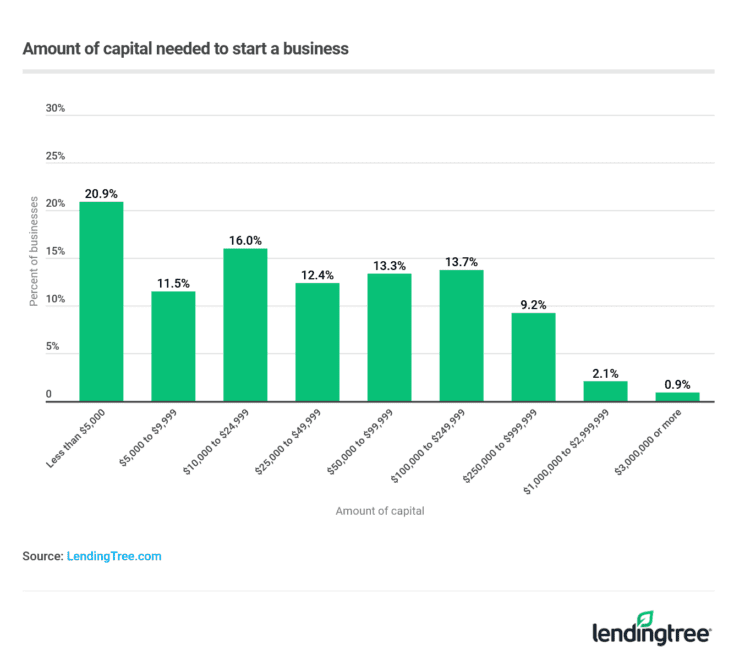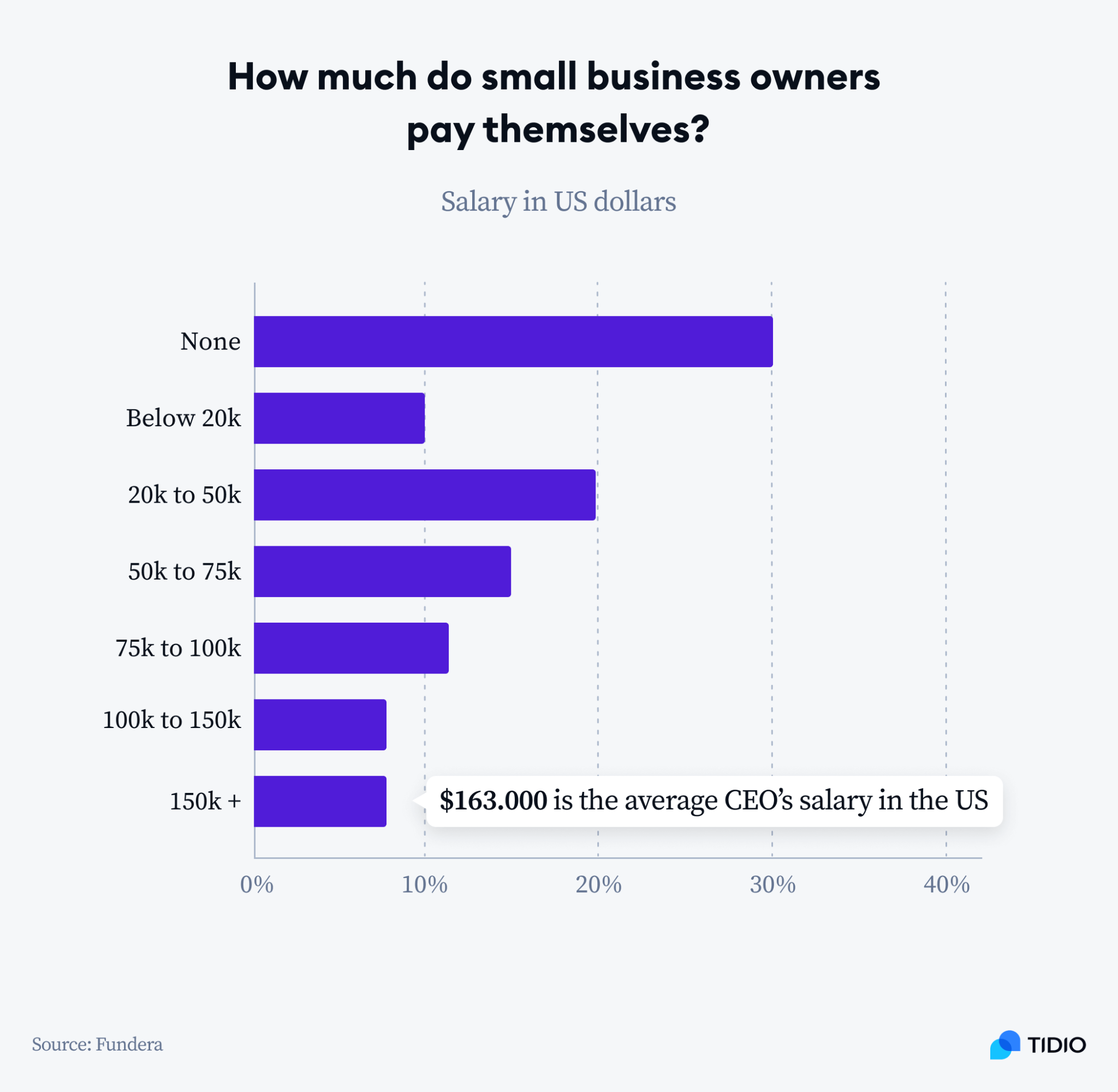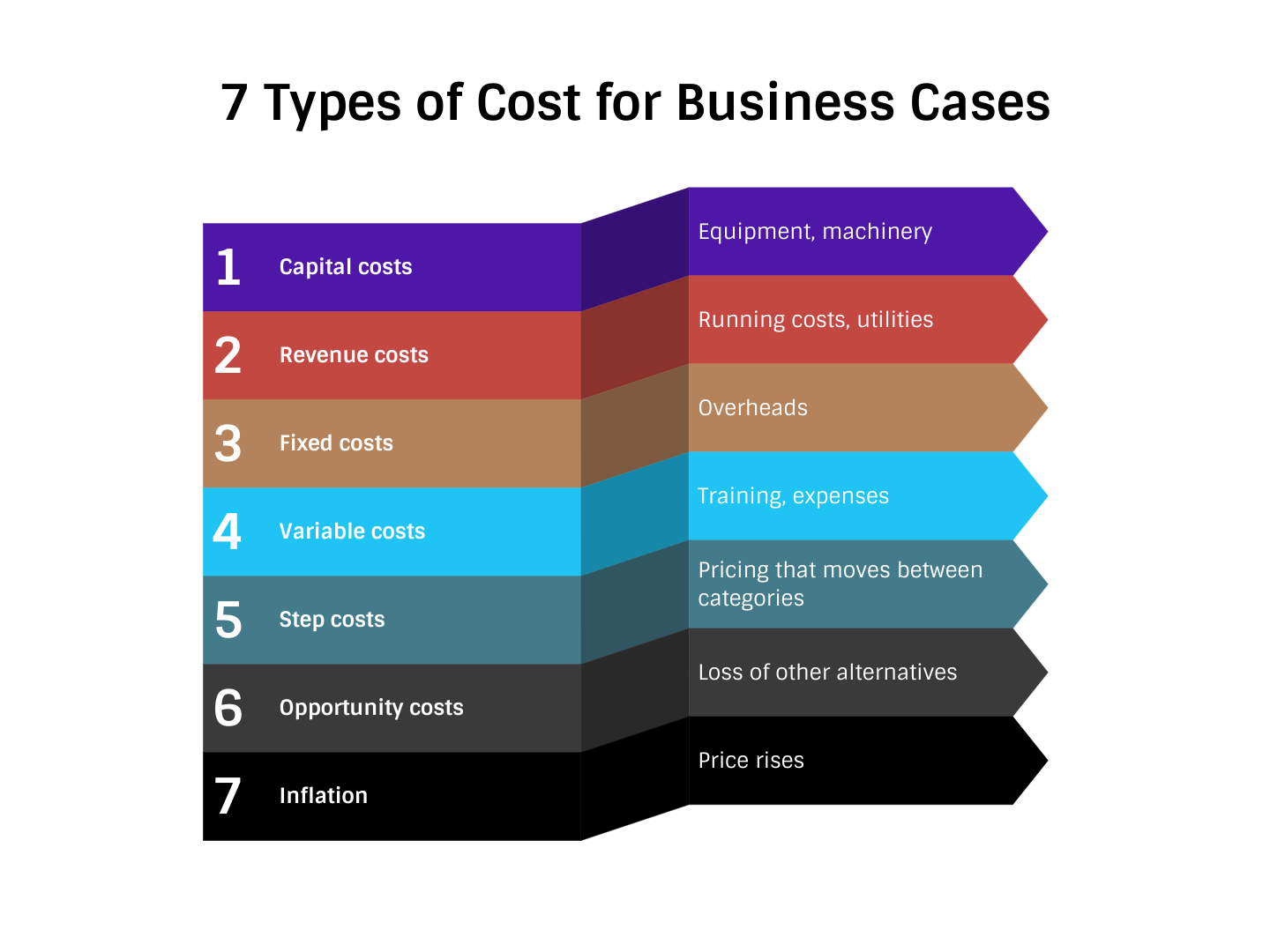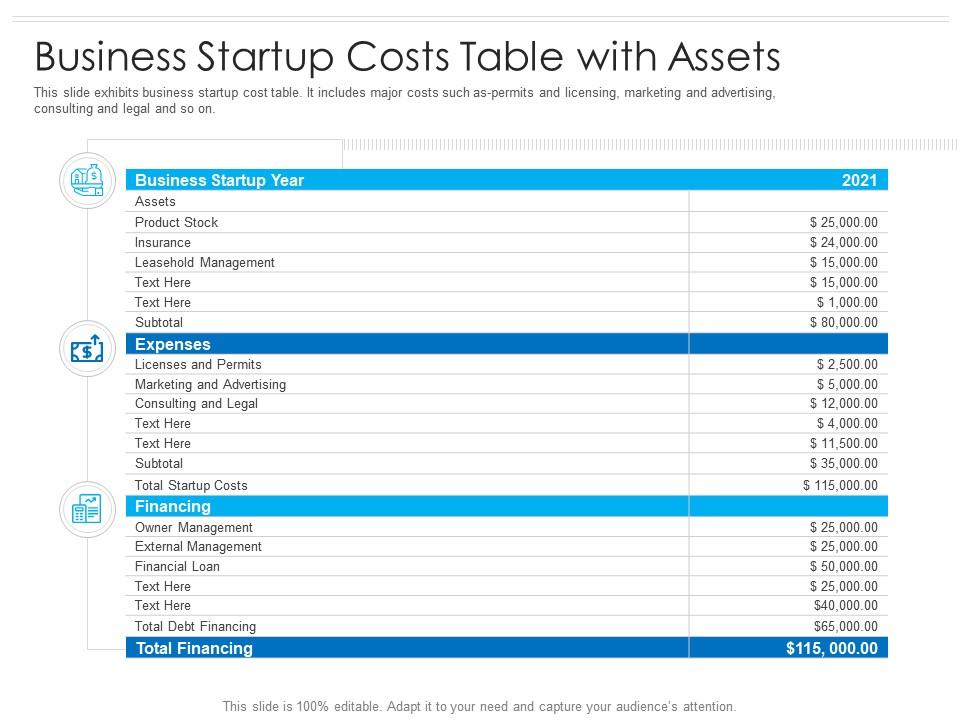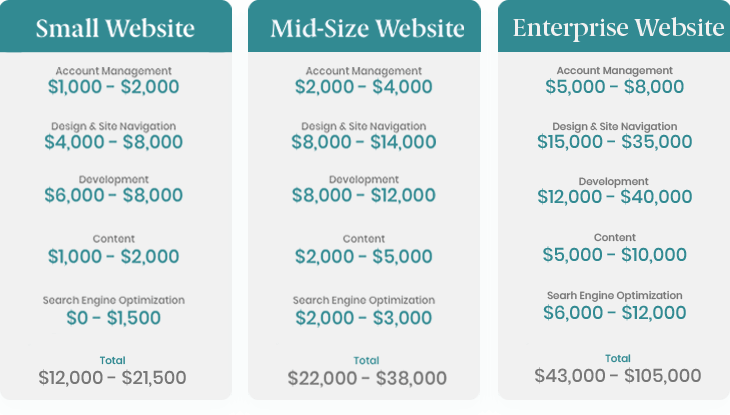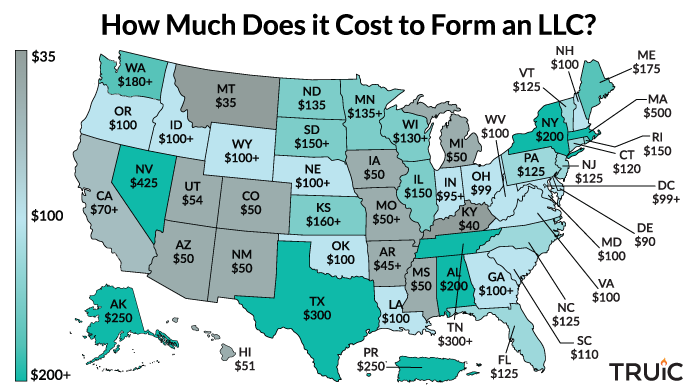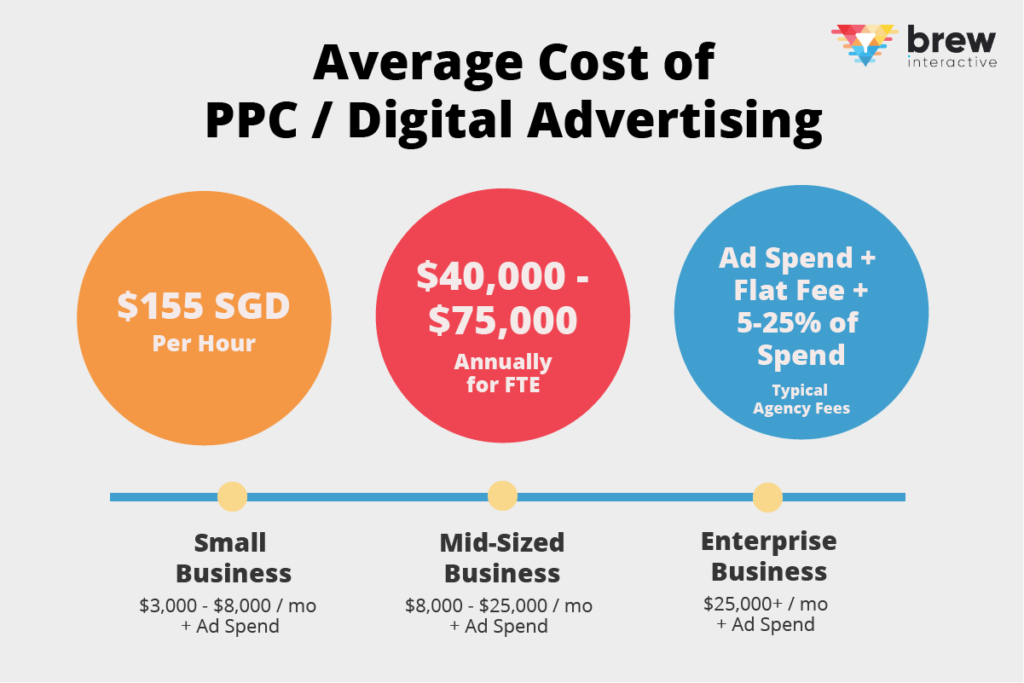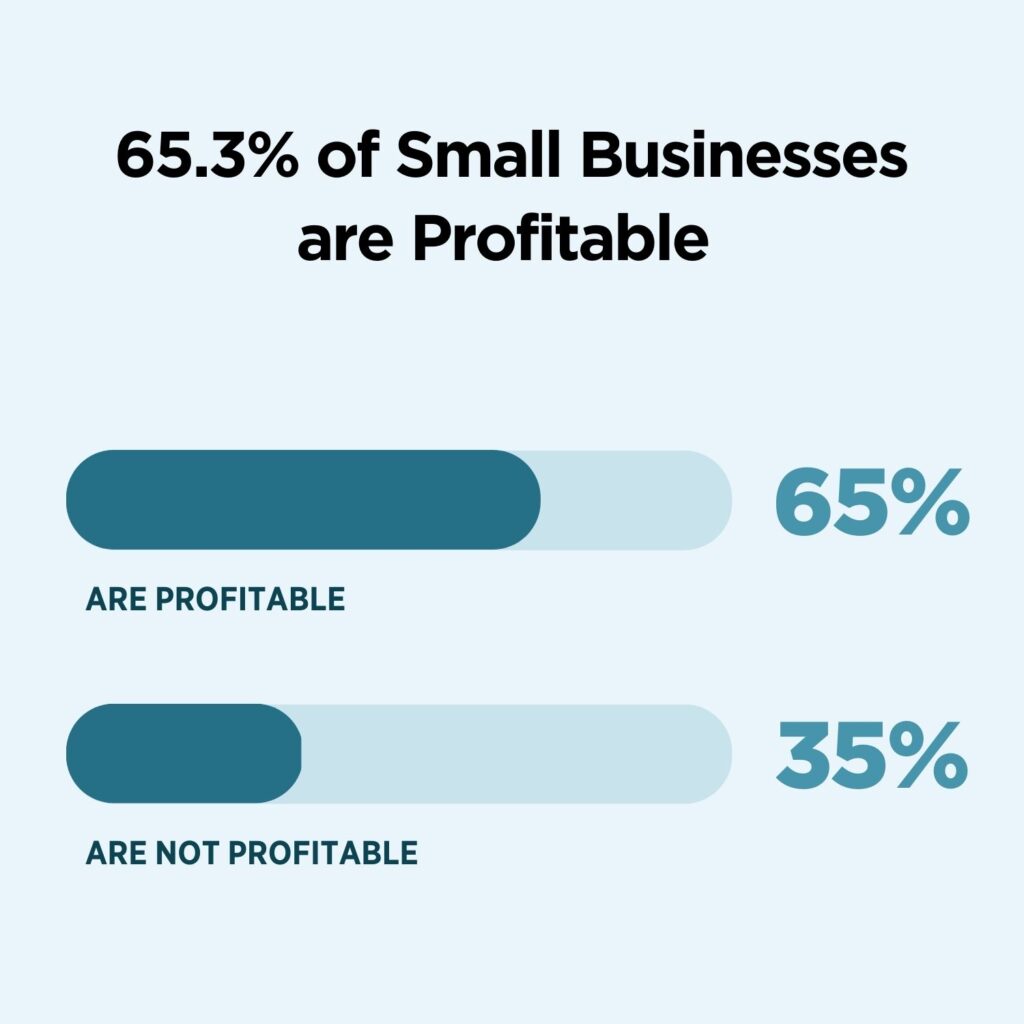How Much Does It Cost To Create A Business
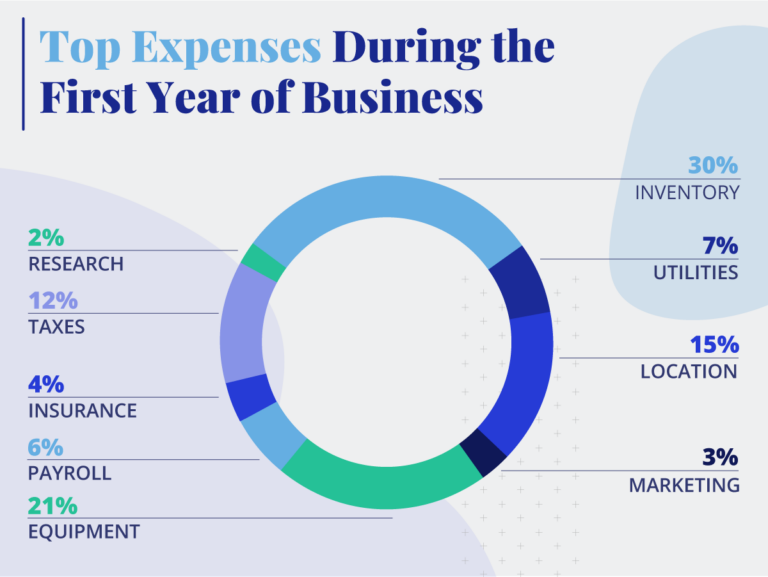
Imagine you're standing at the edge of a vast, open field. The sun is rising, casting a golden glow on the dew-kissed grass. You hold a single seed in your hand – your business idea. The soil represents the resources you’ll need, and the sky, the limit of your potential. But how much will it actually cost to nurture that seed into a flourishing enterprise?
The cost of creating a business is a multifaceted question with no single, simple answer. It ranges from a few hundred dollars for a lean, home-based venture to millions for a high-tech startup or a large-scale manufacturing operation. This article delves into the various factors that influence these costs and offers a realistic perspective on budgeting for your entrepreneurial dreams.
Understanding the Variables
The first step is to recognize that startup costs are highly dependent on the specific industry, business model, and geographical location. A service-based business like freelance writing or consulting may require minimal initial investment, primarily covering website development and basic marketing materials.
Conversely, a restaurant or retail store necessitates significant expenditure on equipment, inventory, and real estate. Funding Circle reports that the average startup cost for a small business is around $30,000, but that number can be misleading due to the wide range of possibilities.
Key Cost Categories
Several major cost categories consistently appear across different business ventures. These include:
Legal and Regulatory Fees: Registering your business, obtaining licenses and permits, and consulting with legal professionals are essential steps. These fees can vary greatly depending on your location and industry.
Equipment and Inventory: From computers and office supplies to specialized machinery and raw materials, these costs can quickly add up. Consider leasing options to minimize upfront investment.
Marketing and Advertising: Creating a brand, building a website, and promoting your business are crucial for attracting customers. Allocate a significant portion of your budget to marketing, especially in the early stages.
Real Estate and Utilities: Whether you're renting office space or operating from a home office, consider the costs of rent, utilities, and property taxes. Working from home can significantly reduce these expenses initially.
Salaries and Wages: If you plan to hire employees, factor in salaries, benefits, and payroll taxes. Initially, you might need to wear multiple hats to minimize labor costs.
Funding Options and Strategies
Securing adequate funding is critical for launching and sustaining a business. Common funding sources include:
Personal Savings: Many entrepreneurs start by bootstrapping their businesses using their own savings. This approach demonstrates commitment and reduces reliance on external funding.
Loans: Small business loans from banks or credit unions can provide a significant capital injection. Be prepared to present a solid business plan and demonstrate your creditworthiness.
Investors: Angel investors and venture capitalists invest in promising startups in exchange for equity. This option is typically pursued by businesses with high growth potential.
Grants: Government agencies and private foundations offer grants to support small businesses, particularly those in specific sectors or serving underrepresented communities. Research grant opportunities and carefully follow application guidelines.
The Non-Monetary Costs
Beyond the financial costs, starting a business involves significant time, effort, and emotional investment. Be prepared to work long hours, face challenges, and make sacrifices. Entrepreneurship is not for the faint of heart, but the rewards of building something from the ground up can be immensely fulfilling.
A study by the Small Business Administration (SBA) shows that most successful startups benefit from an owner’s commitment to reinvest profit into the business during the first few years.
A Final Thought
Starting a business is a journey of continuous learning and adaptation. While it's important to have a realistic understanding of the costs involved, don't let financial concerns paralyze you. With careful planning, resourcefulness, and unwavering determination, you can overcome the financial hurdles and cultivate your business idea into a thriving reality. The true cost isn't just about the money; it's about the investment of your passion and perseverance.
